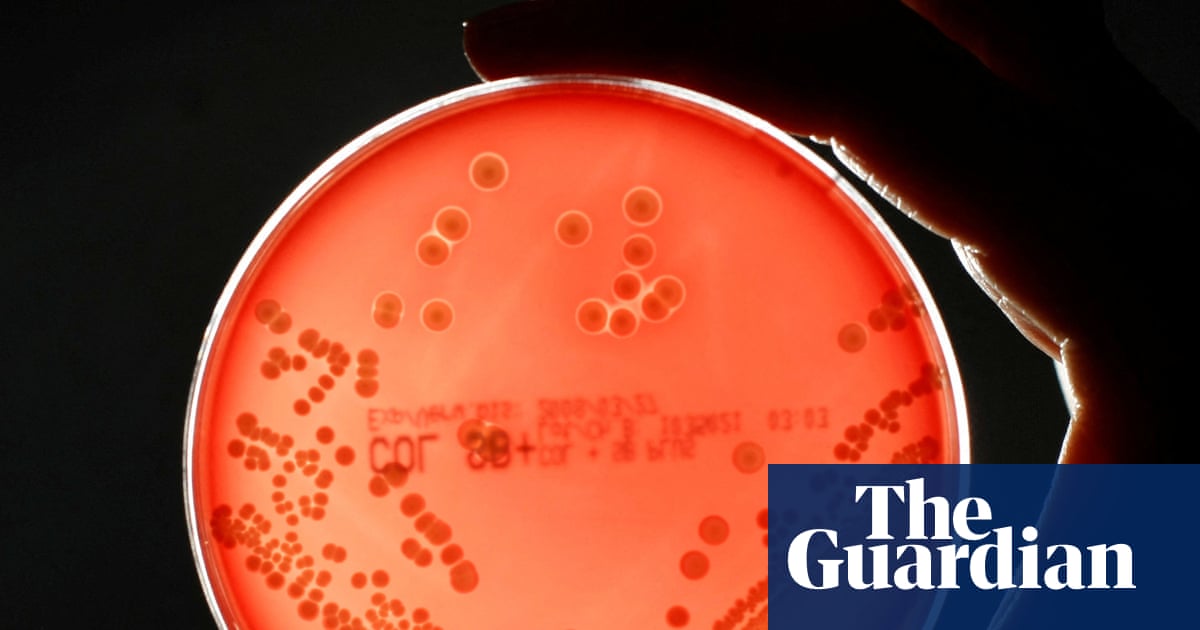
"A UK government-funded study shows that without concerted action, increased rates of antimicrobial resistance (AMR) could lead to global annual GDP losses of $1.7tn over the next quarter of a century."
"The Trump administration has confirmed $9bn in cuts to its foreign aid budget, while a number of European countries have also reduced spending on overseas aid."
"Anthony McDonnell noted that the cuts to Official Development Assistance by the US could drive up resistance rates in line with the most pessimistic scenario in our research."
"Investing in treatment for bacterial infections now will save lives and deliver billions in long-term economic returns."
Increased rates of antimicrobial resistance (AMR) could result in global annual GDP losses of $1.7 trillion over the next 25 years. The US, UK, and EU economies are expected to be significantly affected. Recent cuts to aid, including the UK’s reduction in funding for the Fleming fund, may exacerbate AMR rates. The reduction in Official Development Assistance by the US and other countries could lead to increased resistance, impacting even countries that currently manage AMR effectively. Investment in treatment for bacterial infections is crucial for saving lives and ensuring long-term economic benefits.
Read at www.theguardian.com
Unable to calculate read time
Collection
[
|
...
]